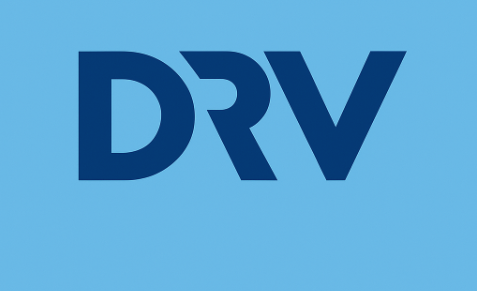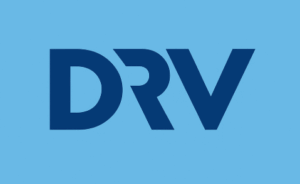BERLIN — The head of Germany’s travel industry association has called for a major policy shift to ease regulatory pressure and restore political stability as the sector grapples with economic headwinds and mounting costs.
Speaking before some 500 delegates at the German Travel Association’s (DRV) annual congress in Berlin, DRV President Norbert Fiebig warned that the country’s travel and tourism sector faces growing strain from sluggish economic growth, rising prices, and excessive bureaucracy.
“The economic situation is serious — we need reliable political frameworks, less red tape, and fair rules,” Fiebig said in his opening address. “We say no to unnecessary bureaucracy, no to further distortions of competition, and yes to a balanced relationship between consumer protection and economic viability.”
Battle Over EU Package Travel Rules
A major flashpoint for the industry is the European Union’s proposed overhaul of its Package Travel Directive, which regulates combined travel services such as flights and hotels sold as a single product.
Fiebig warned that the European Parliament’s planned revisions — including expanded cancellation rights and limits on customized travel sales — would hit German tour operators particularly hard.
“These proposals don’t just threaten the economic substance of travel agencies; they challenge the very identity of our distribution model,” he said.
Germany accounts for over 40 percent of all EU package tours, making the issue especially significant for its domestic market. Fiebig urged Berlin to lobby the Danish EU Council Presidency to prevent measures that could harm the sector’s competitiveness.
Financial Relief and Market Trends
There was some good news: the German Travel Security Fund (DRSF), set up to protect consumers in case of company insolvency, has stabilized financially and will reduce its contribution rate to 0.5 percent as of November 1.
“This is a clear signal to companies that have helped build the fund’s assets,” said Fiebig, adding that customers would ultimately benefit as well.
Despite economic pressures and geopolitical uncertainty, demand for travel among Germans remains strong — though with a growing sensitivity to price. Travellers are booking shorter trips, opting for lower-cost destinations, and showing strong interest in all-inclusive packages, long-haul travel, and cruises.
“The security and reliability of package travel are being appreciated more than ever,” Fiebig noted.
Aviation and Mobility: “Travel Must Not Become a Luxury”
Fiebig also warned that Germany’s air transport sector faces a competitive disadvantage due to high state-imposed levies and environmental charges.
“Air travel must not again become a privilege of the few. Germany needs affordable and attractive flight connections — for people, markets, and prosperity.”
He called on the federal government to honor coalition promises to strengthen the aviation hub through targeted relief and competitive regulatory frameworks.
Sustainability Requires Support, Not Just Regulation
On sustainability, Fiebig urged political leaders to invest more heavily in climate-friendly fuels for aviation and cruise travel, warning that EU regulations alone would not suffice.
“Without affordable and climate-friendly mobility, the social acceptance of travel itself is at risk,” he cautioned.
He emphasized that tourism brings jobs and economic stability, especially in destination regions, but must evolve to be more responsible and locally accepted.
“Tourism must be welcome because it is considerate, impactful because it connects, and lasting because it is sustainable,” he said.
Digital Transformation and Workforce Challenges
Fiebig described digitalization as both an opportunity and a test for the industry. Companies that anticipate structural change early and embrace new technologies will thrive, he said.
At the same time, the shortage of skilled workers remains one of the sector’s most pressing issues. “Without committed, qualified people, success will be difficult,” Fiebig said, urging companies to improve their image as attractive employers.
75 Years of the DRV: A Resilient Industry
The Berlin congress also marked the 75th anniversary of the DRV, one of Europe’s most influential travel associations. Reflecting on his tenure as president, Fiebig expressed optimism about the industry’s adaptability and future:
“Our sector is strong, dynamic, and full of ideas. I am confident it will continue to shape the road ahead successfully.”
About the DRV
The German Travel Association (DRV) represents the country’s travel industry, which supports roughly three million jobs. Its members — including travel agencies, tour operators, and affiliated businesses — generate the majority of Germany’s travel sector revenue under the banner: “The Travel Industry. All Destinations. One Voice.” (zai)


